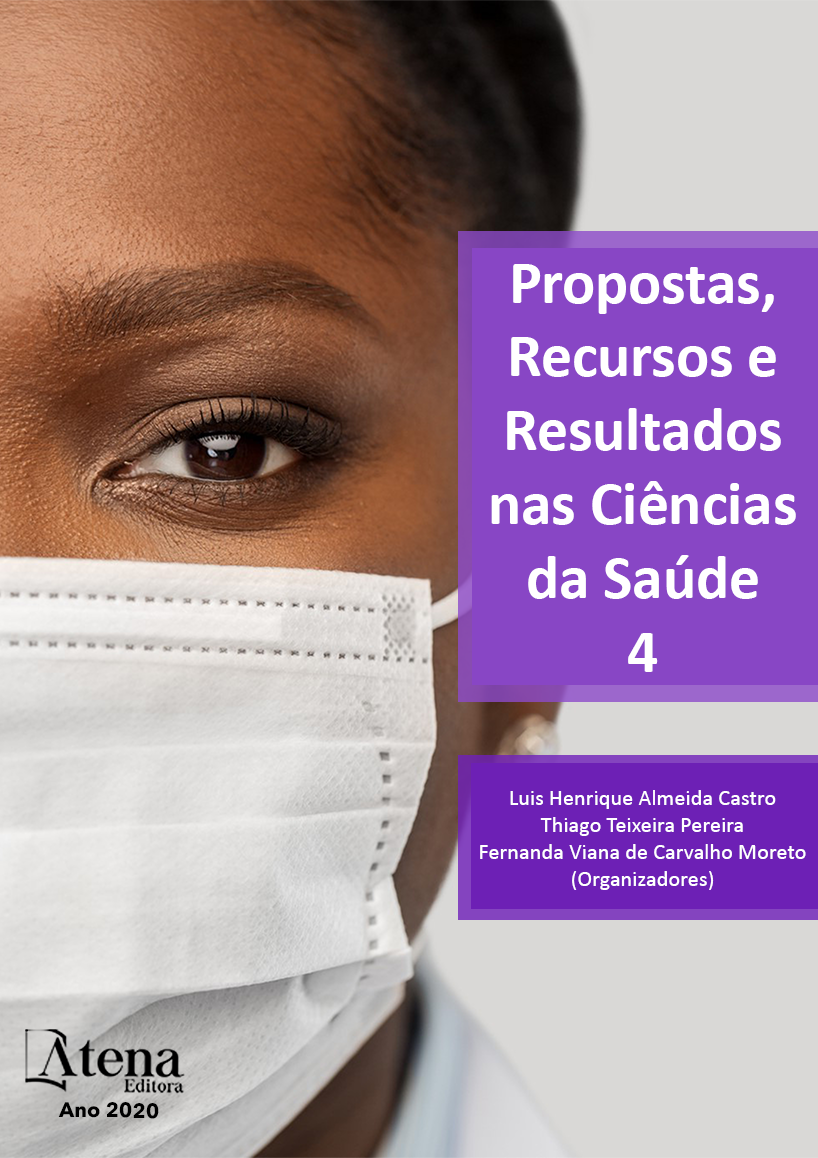
LESÃO RENAL AGUDA EM HOSPITAL TERCIÁRIO DE TRAUMA: UMA REVISÃO DE LITERATURA
INTRODUÇÃO A lesão renal aguda (LRA) é definida pela rápida queda na função renal, podendo ocasionar em perda de parcela desse parâmetro nefrológico ou de sua totalidade. Atinge boa parte dos pacientes hospitalizados e até 60% dos pacientes internados em unidades de terapia intensiva (UTI). Tal síndrome continua associada a importante aumento na morbimortalidade em curto e longo prazo. É muito relacionada no contexto de pacientes traumatizados. METODOLOGIA Buscou-se realizar uma revisão de literatura junto às bases “PubMed”, “Google Scholar” e “Scielo” por meio dos descritores “acute kidney injury”, “acute kidney injury AND emergency”, “acute kidney injury AND trauma”. Encontrou-se, ao final do processo de seleção, 28 artigos após a exclusão daqueles que não contemplavam a temática desse artigo. DISCUSSÃO Dentre os principais fatores de risco para o desenvolvimento de LRA no contexto de trauma, diversos artigos elencavam como os principais o mecanismo de trauma (abdominal e/ou penetrante), as características do paciente (sexo masculino, obesidade, descendência africana), condições pré-existentes (Diabetes Mellitus, Hipertensão Crônica) e condições que se desenvolveram após o trauma (Rabdomiólise, Sepse, Choque). Inferiu-se que cerca a prevalência encontrada em diversos estudos era de 20%, bem como a mortalidade era cerca de 3,5 vezes maior naqueles que desenvolviam LRA. Por fim, destacou-se a grande chance da progressão da LRA para DRC. CONCLUSÃO A Lesão Renal Aguda no contexto de trauma está relacionada principalmente ao mecanismo traumático que ocasionou o internamento do paciente, bem como às doenças pré-existentes. Faz-se necessário uma maior compreensão dos mecanismos pelos quais tais fatores de risco implicam no desenvolvimento de LRA, além de maiores estudos para melhor manejo desses pacientes.
LESÃO RENAL AGUDA EM HOSPITAL TERCIÁRIO DE TRAUMA: UMA REVISÃO DE LITERATURA
-
DOI: 10.22533/at.ed.33620240619
-
Palavras-chave: Lesão Renal Aguda; Trauma; Emergência
-
Keywords: Acute Kidney Injury; Trauma; Emergency
-
Abstract:
BACKGROUND Acute kidney injury (AKI) is defined by the rapid drop in kidney function, which may result in the loss of part of this nephrological parameter or of its entirety. It affects a large number of hospitalized patients and up to 60% of patients admitted to intensive care units (ICU). This syndrome remains associated with an important increase in morbidity and mortality in the short and long term. It is very related in the context of trauma patients. METHODS It sought to carry out a literature review with the bases "PubMed", "Google Scholar" and "Scielo" through the descriptors "acute kidney injury", "acute kidney injury AND emergency", "acute kidney injury AND trauma". At the end of the selection process, 28 articles were found after excluding those that did not contemplate the theme of this article. DISCUSSION The main risk factors for development of AKI in the context of trauma, was the trauma mechanisms trauma (abdominal and / or penetrating), patient characteristics (male, obesity, African American descent) ), pre-existing comorbidities (Diabetes Mellitus, Chronic Hypertension) and conditions that developed after the trauma (Rhabdomyolysis, Sepsis, Shock). It was inferred that the prevalence of AKI among trauma patients found in several studies was 20%, and that mortality was about 3.5 times higher in those who developed AKI. Finally, the chance of progression of the LRA to CKD was highlighted. CONCLUSION Acute Kidney Injury in the context of trauma is mainly related to the traumatic mechanism that caused the patient's hospitalization, as well as to pre-existing diseases. A better understanding of the mechanisms by which such risk factors imply the development of AKI is necessary, in addition to further studies for better management of these patients.
-
Número de páginas: 13
- Paula Frassinetti Castelo Branco Camurça Fernandes
- Marcelo Feitosa Verissimo
- Allysson Wosley de Sousa Lima
- João Martins Rodrigues Neto


